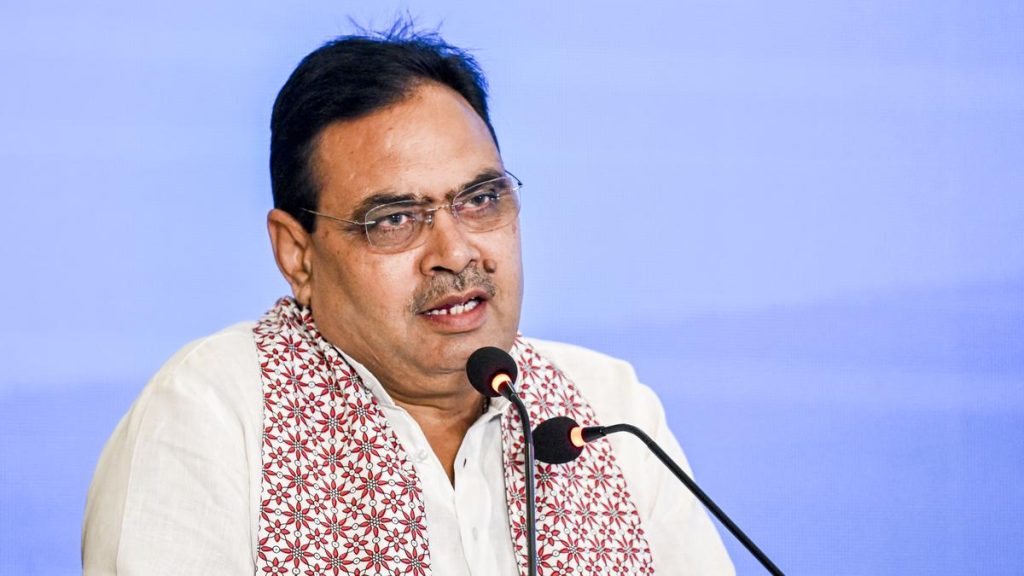Now Reading: Assembly Approves Longer Work Hours, Cuts Green Tax on HCVs
-
01
Assembly Approves Longer Work Hours, Cuts Green Tax on HCVs
Assembly Approves Longer Work Hours, Cuts Green Tax on HCVs

Quick Summary
- Bills Passed: The Andhra Pradesh Assembly approved five major Bills on Friday:
– Factories (AP Amendment) Bill, 2025: Permits increased daily working hours with safeguards such as regulated rest intervals and overtime compensation. Enables night shift employment for women with safety measures to ensure dignity and rights.
– AP Shops & Establishments (Amendment) bill,2025: raises permissible daily working hours from eight to ten while retaining a weekly cap of 48 hours. Introduces quarterly limits on overtime, simplifies rest interval requirements, and facilitates night-time employment of women under protective provisions.
– AP Motor Vehicles Taxation (Amendment) Bill, 2025: reduces green tax rates for Heavy Commercial Vehicles (HCVs), lowering the financial burden on vehicle owners.
– HCVs less than 12 years old now pay ₹1,500 annually (previously ranging ₹3,000-₹16,000).
– HCVs older than 12 years now uniformly taxed at ₹3,000 annually (earlier ranged ₹3,000-₹20,000).
– Green tax aim continues to focus on air pollution control as per prior regulations.
– AP Prevention of Begging (Amendment) bill, removes discriminatory language towards persons with disabilities in laws related to begging prevention.
- Changes in Scheduled Tribes Commission Rules: Omits upper age limits for appointments as chairman/members while enabling term extensions up to two years.
Indian Opinion analysis
The passage of these legislative amendments reflects Andhra PradeshS intention to modernize labor laws while balancing worker protections and operational efficiency. By extending work hours and allowing women’s participation in night shifts under proper safeguards, the Factories Act changes signify a progressive step toward inclusive economic chance. Similarly aimed reforms in shops & establishments ensure workforce flexibility amid evolving commercial landscapes.
The reduction in green taxes imposed on Heavy Commercial Vehicles demonstrates practical responsiveness towards easing burdens faced by vehicle operators without compromising environmental objectives-a move that could encourage better public compliance over time.
Additionally, removing discriminatory terminologies from begging-related laws marks a socially sensitive approach aligned with contemporary values respecting differently-abled individuals. Lastly, revising rules governing Scheduled Tribes Commission enables broader candidate eligibility but leaves room for further debate regarding tenure terms.
Together these Amendments indicate varied attempts at legal modernization reflecting broader economic realities alongside social justice priorities within Andhra Pradesh’s governance framework.
For more details read full article.























